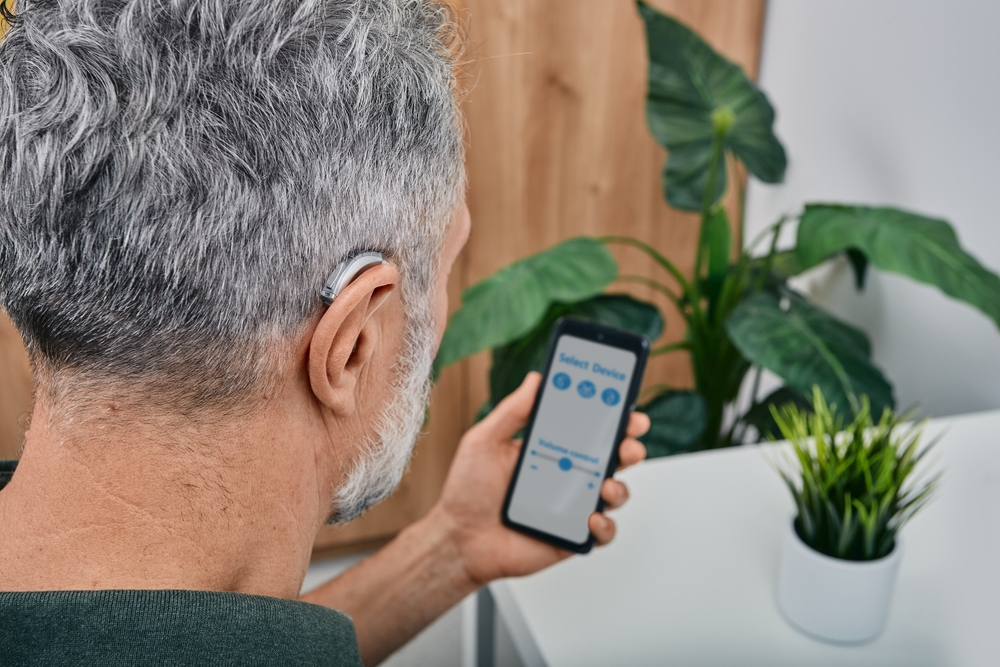
Even slight hearing loss can substantially impact daily life, influencing relationships with friends, family, and colleagues, as well as complicating routine activities like grocery shopping. However, the benefits of well-calibrated hearing aids can lead to transformative changes.
Top ten reasons to invest in hearing aids
Although enhancing hearing is the obvious and primary advantage of hearing aids, their positive effect goes far beyond that. Let’s explore the comprehensive advantages that wearing hearing aids can provide.
Better relationships and communication
Clear communication is the cornerstone of healthy relationships. Relationships can be strained when hearing loss causes missed communication. Hearing aids allow you to fully participate in conversations, improving your ability to interact with others and decreasing feelings of separation or disappointment.
Enhanced independence
Neglected hearing loss leads to barriers in communication causing activities like going shopping to become challenging. Your ability to understand speech and hear in a variety of environments will be empowered by hearing aids, allowing you to navigate these situations more independently. Having a better sense of independence will help you do things that require improved situational awareness like driving, for example.
Prospect of higher income
Reliable communication is key when you’re working in professional settings. Your job efficiency and career advancement can be diminished by untreated hearing loss which can affect how you take part in meetings and other work-associated gatherings. You can boost your productivity, which can, in turn, lead to career opportunities, by using hearing aids to stay more alert and engaged.
Decreased tinnitus symptoms
Hearing loss is commonly accompanied by tinnitus symptoms or ringing in the ears. Many people find that wearing hearing aids helps mask tinnitus sounds, offering relief and improving overall comfort.
Mitigated cognitive decline
Some studies have revealed a link between untreated hearing loss and cognitive decline, including dementia. It’s possible that utilizing hearing aids to manage neglected hearing loss can reduce the chance of cognitive impairment and help maintain the overall health of the brain.
The enjoyment of music
The perception of music will be less pleasant if hearing loss is distorting your perception of it. The fullness and richness of musical sounds can be restored by hearing aids which fill in the gaps in frequency so you can take pleasure in your favorite songs once more.
Boosted confidence
Clear hearing encourages confidence in social connections and professional situations alike. With increased communication abilities, you’ll feel more self-assured and competent, enhancing your overall quality of life.
Having more energy
Untreated hearing loss can be mentally exhausting, as the brain works harder to compensate for auditory deficiencies. Hearing aids reduce this strain, giving you mental relief and allowing you to enjoy activities without feeling continuously fatigued.
Awareness and safety can be improved
Awareness of one’s surroundings is essential for safety, whether it’s crossing the road or driving a car. Hearing aids rejuvenate environmental sounds, like approaching vehicles or alarms, ensuring that you can react properly and safely.
Setting a positive example
Choosing to wear hearing aids demonstrates a practical approach to health and well-being, setting a positive example for other people facing similar challenges. It inspires people around you by showing a commitment to personal improvement and growth.
Schedule a hearing exam today
Hearing aids are mainly designed to help you hear better, but numerous other facets of your life can be significantly impacted too. Hearing aids are a positive step to a better quality of life, whether that means greater independence, stronger cognitive health, enhanced relationships, or a combination of these.
Take the first step towards hearing better today by scheduling a hearing evaluation with us.